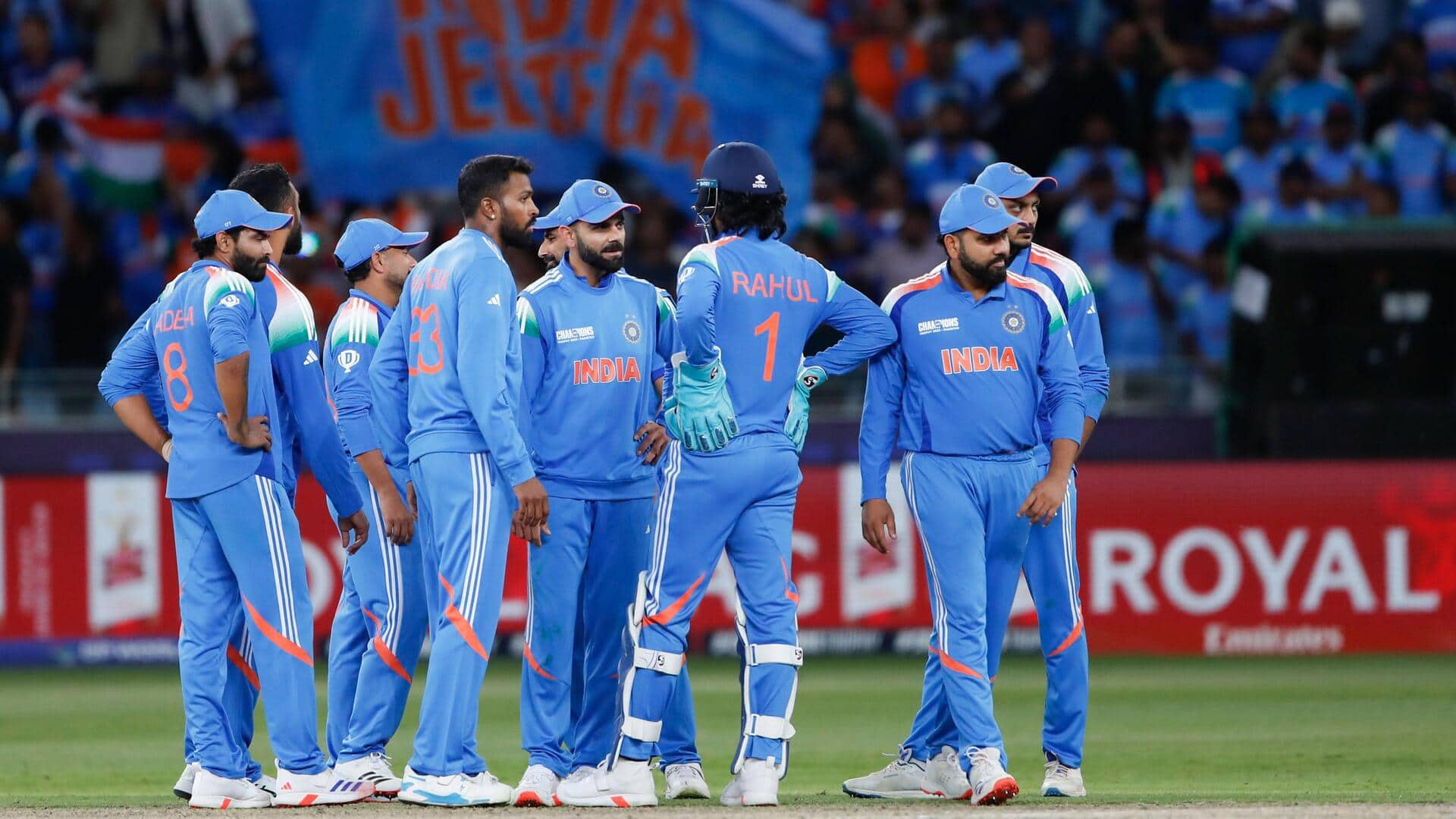
ICC introduces major changes to two-ball rule, concussion substitutes
What's the story
The International Cricket Council (ICC) has approved changes to the two-ball rule in ODIs and concussion substitute protocols in men's international cricket across formats. The new regulations, proposed by the ICC's Men's Cricket Committee and ratified by the Chief Executives Committee, will come into effect from June 17 for Tests, July 2 for ODIs, and July 10 for T20Is. The changes are aimed at readdressing the balance between bat and ball in the game.
Rule change
What is the 2-ball rule?
Under the current rules, two new balls are used per innings in men's ODIs - one from each end. However, the revised regulations will see two new balls being introduced at the start of an innings and remaining in use until the end of the 34th over. After this period, one ball will be selected by the bowling team to use at both ends from overs 35 to 50.
Protocol update
Teams to name specific role players as substitutes
The ICC has also revised its concussion substitute protocols. Under the new rules, teams will have to name their substitute players to the match referee before the start of a match. The substitutes must be from specific roles as follows: one wicketkeeper, one batter, one seam bowler, one spin bowler, and one all-rounder.
Role specification
Controversy during India-England T20I back in January
The new rules also seek to avoid confusion over concussion substitutes. On January 31, 2025, India had replaced batting all-rounder Shivam Dube with bowling all-rounder Harshit Rana during the fourth T20I against England. Rana's inclusion as a concussion substitute was widely debated. The new regulations, which require teams to name players for specific roles in the concussion replacement list, could prevent such situations from arising again.
Jos
Jos Buttler questioned India's concussion substitute in 4th T20I
India's move to bring in Rana as a concussion substitute for Shivam Dube in the fourth T20I against England saw then skipper Jos Buttler disagree with the move post-match, saying it didn't make for a like-for-like replacement. "It is not a like-for-like replacement. We don't agree with that," said Buttler after India registered a 15-run win. "Either Shivam Dube has put on about 25 mph with the ball or Harshit's really improved his batting. It's part of the game and we really should have gone on to win the match, but we disagree with the decision."